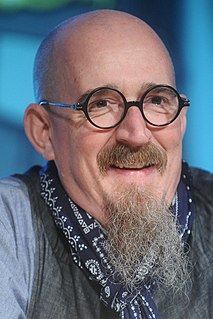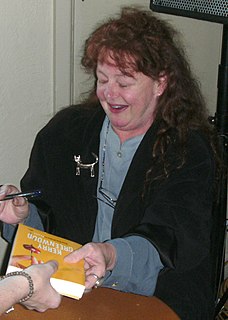A Quote by Margo Jefferson
Noir was a brainchild of the United States. And most of the creators of classic noir - novelists and screenwriters, directors and cameramen - were men. Women were their mysterious, sometimes villainous, always seductive objects of desire.
Related Quotes
There are so many issues that impact women. When we talk about prison reform, for example, women were [once] sterilized in women's prisons. When they were giving birth, they were asked to sign paperwork but they weren't even completely conscious of what they were signing. That sounds like something that would never happen in America, but it was happening, not just in America, but in [California], one of the most progressive states in the United States.

































